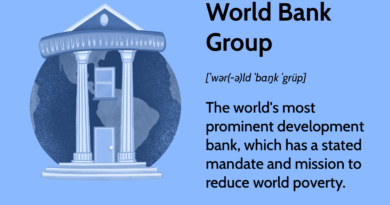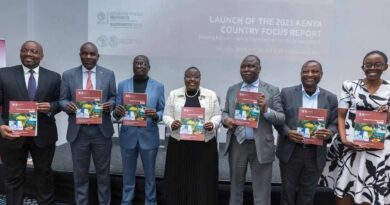South Africa’s ANC Loses Its 30-year Majority in Landmark Election
The African National Congress (ANC) has lost its parliamentary majority in a historic election result, marking the first time since the end of apartheid in 1994 that the party will not hold a majority in South Africa’s Parliament.
The ANC garnered just over 40% of the vote in Wednesday’s election, with more than 99% of ballots counted, according to the Independent Electoral Commission (IEC).
This outcome forces the ANC, which has governed South Africa for three decades, to seek coalition partners to maintain power and reelect President Cyril Ramaphosa for a second term.
The ANC’s deputy secretary-general Nomvula Mokonyane and chairperson Gwede Mantashe were seen arriving at the IEC National Results Center in Midrand, reflecting the gravity of the moment for the party.
“This is a significant moment for South Africa,” said John Steenhuisen, leader of the main opposition Democratic Alliance (DA), which received around 21% of the vote. “The way to rescue South Africa is to break the ANC’s majority, and we have done that.”
The new political landscape is set to be complex, with no clear coalition partners in place. The DA and the newly formed MK Party of former President Jacob Zuma, which secured just over 14% of the vote, are seen as potential partners for the ANC.
The Economic Freedom Fighters (EFF), a far-left party, came in fourth with slightly more than 9% of the vote.
Former President Zuma’s MK Party has indicated that any coalition agreement with the ANC would require the removal of Ramaphosa as leader. “We are willing to negotiate with the ANC, but not the ANC of Cyril Ramaphosa,” said MK Party spokesperson Nhlamulo Ndlela.
Steenhuisen has stated that the DA is open to coalition talks, although an ANC-DA coalition would be challenging given their history as political adversaries.
Analysts suggest such a coalition might appeal to foreign investors but question its political feasibility. “An ANC-DA coalition would be a marriage of two drunk people in Las Vegas. It will never work,” commented Gayton McKenzie, leader of the smaller Patriotic Alliance party.
Despite these uncertainties, opposition parties are celebrating what they view as a much-needed political shift. South Africa, with a population of 62 million, faces severe challenges including widespread poverty, a 32% unemployment rate, and inadequate public services.
The ANC has been criticized for failing to improve living standards and provide essential services like water, electricity, and housing, issues that have disproportionately affected Black South Africans, who make up 80% of the population.
The voter turnout for the election is expected to be about 60%, with nearly 28 million registered voters. The final results are anticipated to be formally declared by the IEC by Sunday, setting the stage for urgent coalition negotiations as Parliament must elect a president within 14 days of the official declaration.
Source: VOA Zimbabwe



